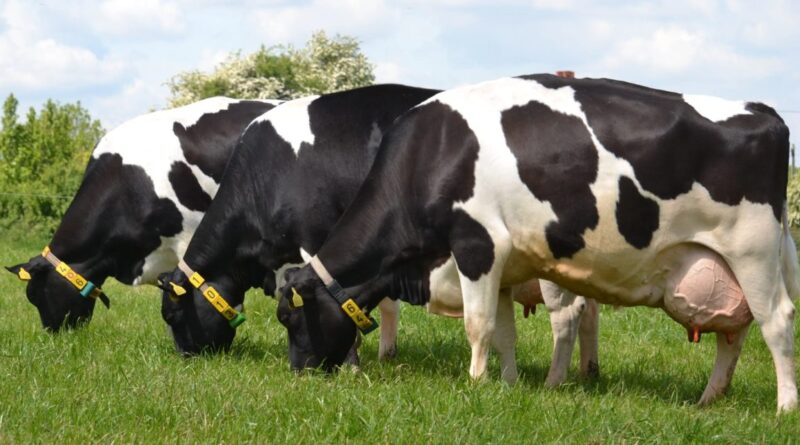Uganda to Import High-Yielding Dairy Cattle from Kenya to Transform Dairy Sector
Uganda’s National Agricultural Research Organisation (NARO) is set to import high-yielding dairy cattle from Kenya in a major push to boost milk production, increase farmers’ incomes, and strengthen the country’s dairy industry.
Speaking at Mbarara Zonal Agriculture Research and Development Institute (MBAZARDI), NARO’s Director of Research, Dr. Halid Kirunda, said the imported animals are central to a nationwide breeding programme aimed at producing resilient, high-yielding cattle suited to Uganda’s diverse agro-ecological zones.
“We are establishing a composite breeding centre that will serve as the foundation for producing stabilised breeds adapted to different regions of Uganda,” Dr. Kirunda said.
A nine-member expert committee—comprising geneticists, breeders, economists, farmers, and representatives from NAGRIC and Heifer International—has been formed to oversee the initiative.
The programme will crossbreed East African short-horned Zebu, Friesians, Jerseys, Gansu, and Ayrshire cattle with indigenous breeds, including Ankole long-horned and Nganda cattle. The goal is to develop resilient animals capable of thriving from Karamoja to Buganda.
The imported cattle, all in-calf between three and seven months, are expected to produce 25–30 litres of milk daily, with some capable of yielding up to 50 litres per day. Dr. Kirunda revealed that over 200 cattle will be on site within seven months.
“Our team visited ten pedigree farms in Kenya to select the best breeds based on long-term performance records. We are bringing in Friesians, Jerseys, Ganze, and Ayrshire, and are finalising infrastructure before their arrival next week,” he said.
In a complementary initiative, NARO has officially registered its Anti-Tick Vaccine, NAROVAC, after extensive trials, including station and field trials in Karamoja and other regions.
The vaccine demonstrated a 97% efficacy and effectiveness rate, with no recorded adverse effects. The rollout is scheduled for December, starting in high tick-prevalence areas, pending presidential approval.
By combining the introduction of high-yielding dairy cattle with the anti-tick vaccine, NARO expects to significantly increase milk production, reduce livestock losses, and boost national food security, heralding a new era for Uganda’s dairy sector.




